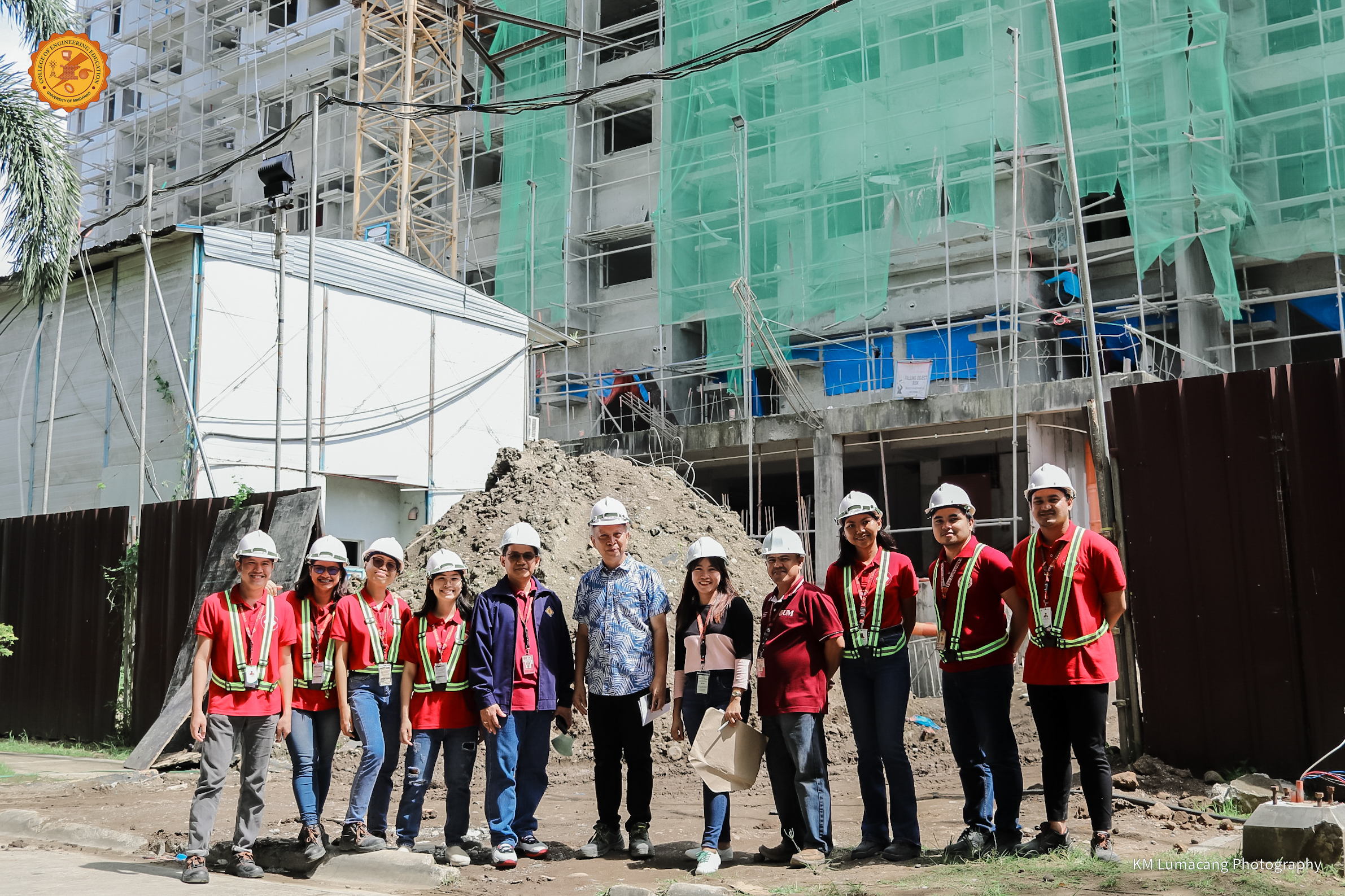
Bachelor of Science in
Civil Engineering - Structural
About the Program
The Bachelor of Science in Civil Engineering (BSCE) with a major in Structural Engineering is a rigorous undergraduate program designed to impart the technical knowledge and practical skills necessary to design, analyze, and maintain structures such as buildings, bridges, and tunnels. This program combines core civil engineering principles with specialized courses focused on the mechanics, dynamics, and materials of structures.
The core objectives include providing students with a robust foundation in civil engineering principles, including mathematics, physics, and materials science; focusing on structural engineering concepts such as structural analysis, steel and concrete design, and seismic engineering; equipping students with hands-on experience through laboratory work, design projects, and internships to solve real-world structural engineering problems; encouraging research and innovative solutions in structural engineering to develop safe and sustainable structures; and preparing students for professional licensure and careers in various sectors, including construction companies, consulting firms, and government agencies.
Program Educational Objectives
Three to five years after graduation, the graduates are expected to:
- Pursue to be globally competitive through professional civil engineering practice - particularly in the fields of structural, transportation, and geotechnical engineering - through completion of an advanced degree, and/or participating in professional development programs and/or specialized trainings.
- Demonstrate professional success and innovation by contributing to the planning, design, analysis, and implementation of structural systems, transportation networks, and geotechnical systems and solutions that address technical, environmental, economic, and societal challenges through collaboration and interdisciplinary approaches.
- Exhibit professional behavior and ethical responsibility in civil engineering practice by demonstrating integrity, accountability, effective communication, and adaptability in multidisciplinary and culturally diverse environments, in accordance with professional, legal, and societal standards.
Student Outcomes
By the time of graduation, the students of the program shall have the ability to:
- apply knowledge of mathematics, natural science, engineering fundamentals and an engineering specialization to the solution of complex engineering problems
- conduct investigations of complex engineering problems using research-based knowledge and research methods including design of experiments, analysis and interpretation of data, and synthesis of information to provide valid conclusions;
- design solutions for complex engineering problems and design systems, components or processes that meet specified needs with appropriate consideration for public health and safety, cultural, societal, and environmental considerations
- function effectively as an individual, and as a member or leader in diverse teams and in multi-disciplinary settings;
- identify, formulate, research literature and analyze complex engineering problems reaching substantiated conclusions using first principles of mathematics, natural sciences and engineering sciences;
- apply ethical principles and commit to professional ethics and responsibilities and norms of engineering practice;
- communicate effectively on complex engineering activities with the engineering community and with society at large, such as being able to comprehend and write effective reports and design documentation, make effective presentations, and give and receive clear instructions;
- understand and evaluate the sustainability and impact of professional engineering work in the solution of complex engineering problems in societal and environmental context;
- recognize the need for, and have the preparation and ability to engage in independent and life-long learning in the broadest context of technological change;
- apply reasoning informed by contextual knowledge to assess societal, health, safety, legal and cultural issues, and the consequent responsibilities relevant to professional engineering practice and solutions to complex engineering problems
- create, select, and apply appropriate techniques, resources and modern engineering and IT tools, including prediction and modelling, to complex engineering problems with an understanding of its limitations
- demonstrate knowledge and understanding of engineering management principles and economic decision-making and apply these to one’s work, as a member and leader in a team, to manage projects and in multidisciplinary environments;
- understand at least one specialized field of civil engineering practice.

 Explore in Academia
Explore in Academia